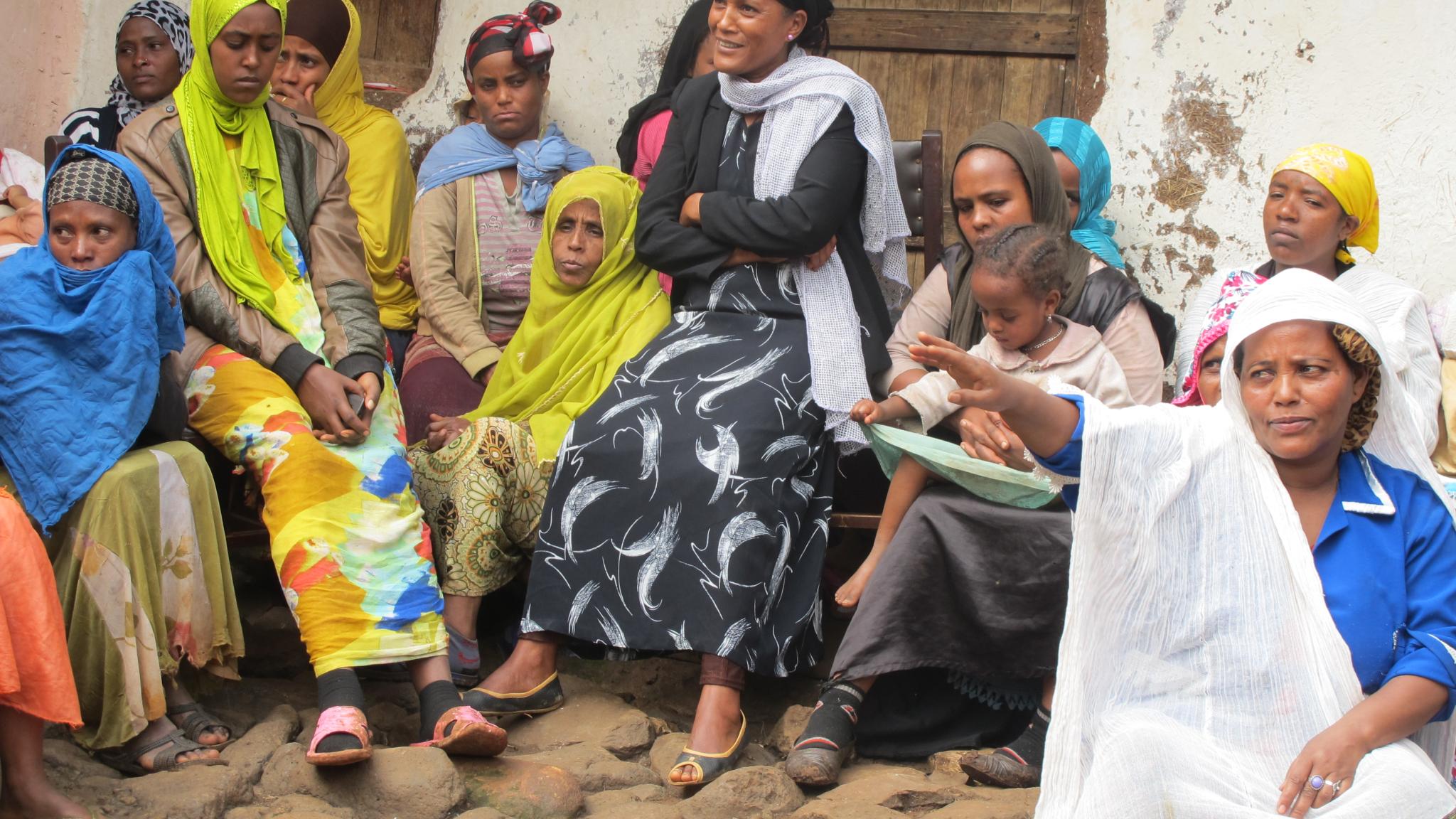OptCARE
Optimizing access to TB CARE for children and their families in hard-to-reach areas in Ethiopia

According to the latest WHO Global Tuberculosis Report 2024, Ethiopia remains among the 30 high tuberculosis (TB) burden countries globally.
The OptCARE project is born from two previously concluded successive projects which were implemented with financial support from the Sint Antonius Foundation Projects (SAS-P). The focus of the initial project (2019-2021) was optimizing less invasive TB diagnosis in young children which often do not produce sputum even when they have TB. We optimized the simple-one-step (SOS) stool processing method in Addis Ababa and demonstrated its feasibility in two remote districts in southern Ethiopia. The project was implemented during the peak COVID-19 pandemic period for which SAS-P provided resources for impact mitigation. During the second phase (2023-2024), the focus was on pilot implementation under routine care in 3 hard-to-reach districts in Ethiopia, 1 extreme north and 2 southern, and resulted in fortifying health facilities by implementing the SOS stool method, increased capacity of healthcare workers (HCW), and strengthened the supply chain for this TB testing method.
OptCARE represents the scale-up phase of the initiative with 50% co-funding provided by the Ethiopian government. Moreover, the project scope has expanded to encompass comprehensive TB care packages beyond a limited diagnostic focus. The target is to 5 zones in four regional states where we will optimize access to TB CARE for children and their families in hard-to-reach areas where additional program support is highly needed.
In these five remote zones in Ethiopia with a population of approximately 4 million people, the total number of all forms of TB cases in these zones was estimated at 11,708 in 2023, but TB detection rates are significantly lower. Similarly, multidrug-resistant TB (MDR-TB) treatment coverage remains significantly low.
Aim of the OptCARE project
With financial support from the SAS-P and support of the Ethiopian government, we are aiming to optimize access to innovative TB prevention and treatment services for children and their families in five remote hard-to-reach zones of Ethiopia.
Specific objectives
- Help more people get treated for TB:
We aim to make sure that by 2027, 86 out of every 100 people with TB get the treatment they need, compared to only 32 out of 100 in 2023.
- Treat more children and adolescents with TB:
We want to increase the number of children and adolescents receiving TB treatment from 375 per year in 2023 to over 1,000 per year by 2027.
- Prevent TB in more people:
We're working to increase the number of people who start TB preventive treatment (TPT) to 70% by 2027, reaching nearly 48,000 people and helping 9 out of 10 complete their treatment.
- Find and diagnose more people with drug-resistant TB (DR-TB) in remote areas:
We aim to improve testing so that we can find at least 60% of people who are likely to have DR-TB, especially in areas that are hard to reach.
Expected impacts
This project will address children <15 years of age and their close family contacts with presumptive and confirmed TB in five remote zones of Ethiopia. Through OptCARE, the possibility to detect and treat 2393 children under 15 years of age is tangible. To achieve these targets, the project will screen and test 133,983 people with digital x-rays and WHO-approved rapid diagnostic tests.
At the moment, the TB treatment success rate in the project zones is variable. With OptCARE, we will focus on maintaining the treatment success rates achieved in Borena zone while improving the other four zones to meet the national target of 90%. Moreover, the initiative will reach 7335 people with TPT by the end of 2027, and will identify and treat at least 60% of children with with DR-TB.
For questions about the project and inquiries on collaboration, please reach out to Degu Jerene (Project Lead)at degu.dare@kncvtbc.org.